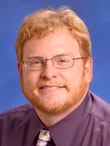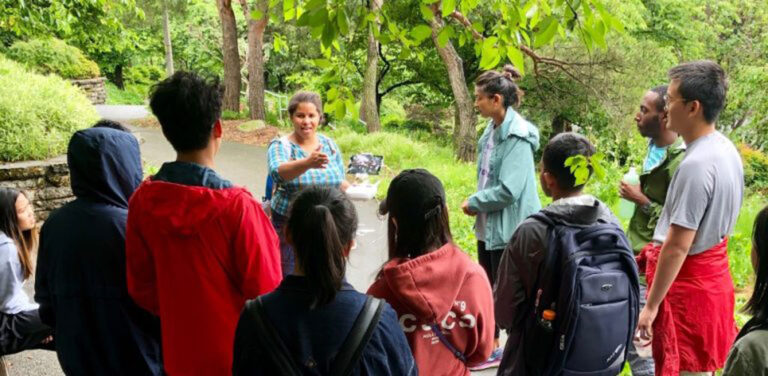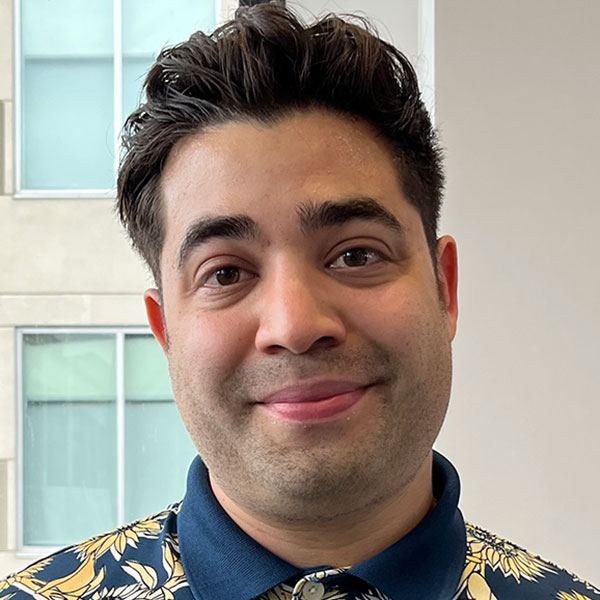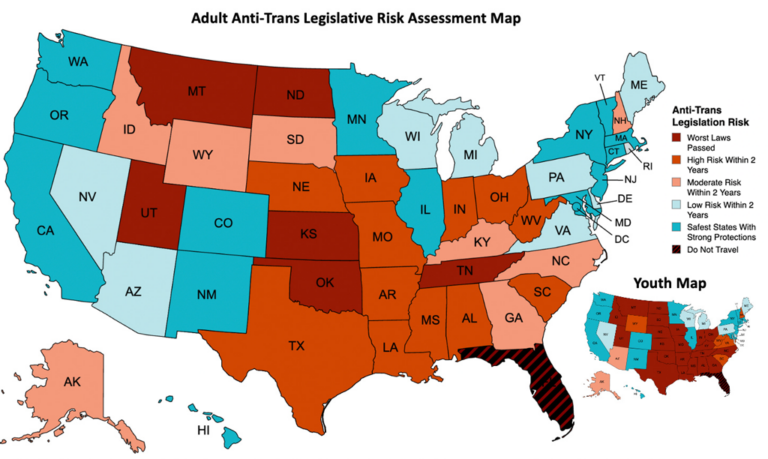On Finding One’s Voice (and the Voices of Others)

I am pleased to announce that the American Association of Geographers (AAG) is launching the Geography Speakers Bureau. The Bureau is part of the Geography is REAL initiative and builds upon the AAG’s long-time commitment to public outreach, informed and timely communication, and lending geographic research and education to addressing pressing issues and debates.
Open to all AAG members, the Speakers Bureau will serve as an online clearinghouse of scholars, teachers and other professionals willing to share their expertise with not only geography programs and departments but also wider academic, scientific, policy, and public audiences. In the coming weeks, AAG will begin collecting speaker profiles through a web portal and then publicizing the Bureau on the Association’s web site, social media, and other communication channels.
The purpose of this column is to outline the rationale ad organization of the Speakers Bureau and encourage geographers to participate as well as address the resonance and efficacy of their voices as education and advocacy tools. While the Bureau creates a setting for increased speaking, it is also an opportunity for geographers to engage in greater listening and dialogue—both within the discipline and with a broad array of public groups.
Why Establish a Speakers Bureau
A culture of public speaking has long existed within geography. For many years, the AAG-GTU Visiting Geographical Scientist Program has been responsible for bringing many of the discipline’s most prominent speakers to colleges and universities across the USA. A number of geographers are experienced in speaking outside the discipline and within their respective local communities on a range of social and environmental issues.
Through the new Speakers Bureau, the AAG seeks to formalize and enhance what members are no doubt already doing well in the area of speaking while also encouraging others to find and cultivate their own public voices. The intent is for the Bureau to expand the number and reach of speaking opportunities for geographers, broaden the choice of speakers available to geography departments, highlight geographic perspectives on themes of particular public importance, and give our discipline a large institutional and social stage for promoting an understanding of what geographers do and contribute.
Intended Audiences of Speakers Bureau
The Bureau’s participant list will be a helpful reference for academic departments, scholarly institutes, and other university programs in locating visiting speakers for colloquia, seminars, conferences, teach-ins, town-gown partnerships, and other educational outreach. Moving beyond academe, other potential users of the Speakers Bureau may include libraries, museums, non-profits, foundations, community organizations, policy institutes, government agencies, private industry, and activist initiatives. Journalists and media outlets will find the Speakers Bureau useful for locating specialists for interviews for newspaper or magazine stories, radio/television/podcast appearances, and the growing number of online blogs and other journalistic and documentary projects.
Initial Themes of Speakers Bureau
The Speakers Bureau will work to represent the intellectual and social diversity of our discipline, being open to geographers from different sub-fields, stages of career, and institutional/professional settings. A passion and skill for effective public speaking and engagement comes from all quarters of the discipline. Initially, the Bureau will highlight three major themes that reflect the intellectual richness and saliency of the field and the foci of ongoing AAG policy work. These themes are:
- Climate and Environmental Change
- Power of Mapping and Geographic Information
- Social and Spatial Justice
The identification of special themes within the Speakers Bureau will be a fluid process that adapts to evolving trends in the discipline and changing pubic needs and interests. The Bureau’s themes will no doubt grow and shift in the future. These initially chosen themes currently represent highly charged areas of debate and likely points of intervention for geographers. Within these turbulent political times, we have seen significant legal/policy and social challenges to civil and human rights, climate science, and the GIS profession.
The Power of Speaking
The Speakers Bureau prompts us to consider important questions, namely what role can the human voice play in advancing geography and what strategies should we pursue in ensuring that we speak as clearly, powerfully, and responsibly as we can with communities? Speaking publicly about one’s work and our discipline is not merely a transmission of information but the creation of a place of learning that can either open up or close off certain lines of understanding. As Anja Kanngieser reminds us, voices have social and political consequences in how they affect our capacities to speak and listen to one another.
Many of us focus intently, and rightly so, on communicating through the written word and visually through photographs, graphics, and maps. Yet, there is also power in vocalizing knowledge and relaying one’s disciplinary and personal point of view, especially when one’s speaking can move and inspire decision-makers. Inspiring audiences can be tough work. How we present to colleagues at professional conferences does not necessarily translate well outside of those meetings. Even for the most experienced colleague, there is always room for assessing and refining pubic speaking skills.
Making the Geographic Voice Resonate
There are a number of online resources available to assist academic speakers. General advice on speaking is often prescriptive, but it is important to know that one presentation style does not fit all speakers. You should actively develop a style that fits your strengths and temperament. Being an effective speaker is not about being a perfect speaker. One’s speaking voice does not necessarily have to sound the same as one’s writing voice.
Ultimately, what is important is finding a presentation style that allows you to make a basic, human connection with the audience. Making eye contact with the audience is highly important, whether you are reading your presentation or talking from PowerPoint slides. Effective speaking is not about overwhelming the audience with your intellect but it is also not about lowering the rigor of your ideas; audiences yearn for understandable communication that challenges them to think. Many presentation coaches suggest that speakers avoid all jargon, but the use of specialist language is appropriate in some situations. Always define unfamiliar terms for audiences.
For me, effective speaking is about telling a story. Storytelling is not simply about entertaining audience members but leaving them with information and a perspective not quickly forgotten. Memorable presentations evoke strong mental pictures, curiosity, and feelings from the audience. Storytelling contextualizes, and sometimes even personalizes an issue and then applies distilled ideas, research findings, and experiences to interpret that issue. This interpretation should resonate with meaning to the audience, even if audience members hold views different from the speaker.
Think about how you as a speaker can tell the story of your work to demonstrate why it matters, for whom it matters, and how it will continue to matter in future discussions and debates. Do not forget to tell your story, how you came to do the work and become a geographer, why the field and topic is your passion, and what your positionality or identity is relative to the issue at hand. A detached reporting of facts, figures, and methods can be dry and uninspiring, even if it has the feel of being scientifically objective.
For some of us, it is important to use our speaking voice to challenge dominant policy positions or public opinions, especially when they fly in the face of overwhelming scientific evidence or notions of social equality. Some geography speakers are effective in making sure that the voices of traditionally ignored social actors and groups have a prominent place in their public remarks. I especially admire my colleagues who are able to navigate the difficult terrain of speaking in solidarity with these marginalized communities versus speaking for them.
Creating a Dialogue, Not Just a Monologue
The AAG Speakers Bureau is an opportunity to think about and realize the importance of vocalizing and demonstrating a geographic perspective, but it also prompts us to consider the value of listening as a disciplinary practice. Geographers are encouraged to speak in ways that offer opportunities to engage in a dialogue rather simply a monologue with their audiences. Speakers should design presentations to leave sufficient time for public feedback and questions and take an active hand in finding and hearing from a wide range of voices in attendance. Creating this dialogue is not just about being polite; rather, it is critical for creating shared understanding between the scholar and the public.
Listening is not a passive process but actively involved in the construction of meaning. Being a good speaker is also about being a good listener. When a speaker is an active listener, s/he also shares the power and authority to speak with others. As geographic researchers argue, publicly engaged science is more than one-way relationship of experts simply handing down “certified” insight and research findings. Rather, by creating spaces of dialogue that blur the expert-lay divide, speakers can co-produce knowledge with public groups. At the very least, effective speaking and listening can be moments where the professional learns how people in the world outside of universities, research labs, and workplaces view and interpret science as well as how they create, use, and justify their own knowledge and expertise.
The Speakers Bureau also prompts us to consider the “politics of voice,” how different voices within our discipline are valued differently and oftentimes given less authority within our society based on race, ethnicity, gender, nationality, sexual orientation, and other lines of identity. I hope the Speakers Bureau can help guide geography departments and other academic and public initiatives to increase the diversity of voices invited to give talks and to ensure that geographers from historically under-represented groups have an opportunity to speak on behalf of the discipline and their own work and experiences. In these instances, speaking might generate opportunities to mentor students, staff and faculty, address inequality inside and outside the Academy, and talk frankly about the diversity and inclusion plan of a university and department.
Please consider participating in the new AAG Speakers Bureau. If you have a public speaking experiences you would like to share, particularly something that works in making the voices of geographers resonate, then let me know through email (dalderma [at] utk [dot] edu) or on Twitter using #PresidentAAG.
— Derek Alderman @MLKStreet
Professor Geography, University of Tennessee
President, American Association of Geographers


